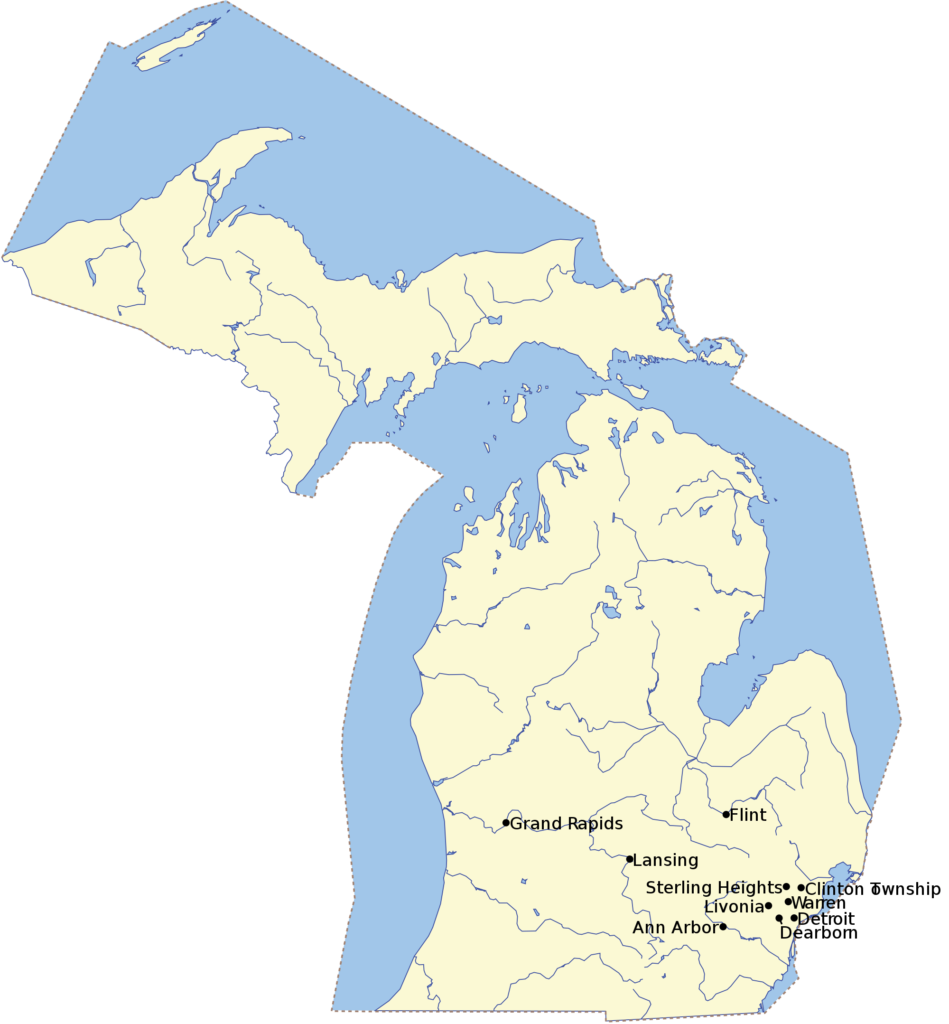
People can think what they want about Rick Snyder, but during his time as governor he ended one of the longest-running debates in our state history.
On Nov. 25 of last year, the governor signed into law a package of 13 bills related to modernizing historical marker laws that makes the term “Michigander” the official demonym of the Great Lakes State. And he was right to do so.
“Michigander,” the folksy alternative to the sterile “Michiganian,” is the proper term for Michigan natives.
Though suspicion as to the origin of the name has arisen in the past few years, Abraham Lincoln popularized the term by using it to insult Lewis Cass, the first governor of the Michigan Territory and a presidential nominee, on July 27, 1848. At the time, Lincoln was a superior orator and a new congressman who was not expected to be renominated.
Lincoln was a Whig who firmly opposed the Mexican War.
Through his tirade, Lincoln urged congressmen to recognize that Cass’ campaigning principally relied on likening himself to Andrew Jackson.
“Like a horde of hungry ticks you have stuck to the tail of the Hermitage lion [Jackson] to the end of his life,” Lincoln said, “and you are still sticking to it, and drawing a loathsome sustenance from it, after he is dead. … But in my hurry I was very near closing on the subject of military tails before I was done with it. There is one entire article of the sort I have not discussed yet; I mean the military tail you Democrats are now engaged in dovetailing onto the great Michigander.”
It was an adept insult. Cass was jowly at the time, and Lincoln suggested that his rhetorical posturing was like the honking of an old, molting goose.
It was meant as an insult, but it became an integral part of our state identity.
A 2011 poll by Resch Strategies demonstrated this when 58 percent of Michigan residents expressed their preference for “Michigander” as opposed to only 12 percent who preferred “Michiganian.”
And it only makes sense. We Michiganders are fiercely loyal to our unique state. Why would we accept a demonym with a flaccid ending like “anian.” We are frontier people who endure both burning sun and freezing winters. Our identity should reflect that in both tone and individuality.
In my boyhood, before I knew of the Lincoln connection, I assumed that the geese who flew in their v-formation over my house in late fall somehow contributed to my name. When walking down by the river, the flocks of geese would part as you approached. Their feces, however, did not part with them. Returning home, I remember taking off my shoes and scraping them on a rock outside my house, trying to rid myself of the gander residual.
But beyond my own fond childhood memories, the sounds of the words “michiganian” and “michigander” define two different types of Michigan residents. The first rings austere and regal. The second is hearty if a little hokey.
Michiganians wear zip-up vests and can perfectly order tapas for the table. Michiganians seriously consider which coffee table book to leave out for guests. They wear hiking shoes but live in the city.
Michiganders will give you a bit of whatever they have. They drive in reverse only using their mirrors. They don’t worry about their children riding in the back of a pickup truck. They have a big garden out back in the summer and know the names of birds.
It is only a sense that comes from the words, but it works to define our identity as residents of a place. I, along with Snyder, want to believe that Michigan residents represent the qualities of a “Michigander:’ warm, hospitable, home-grown, and above all, loyal.
Mark Naida is a senior studying French.

